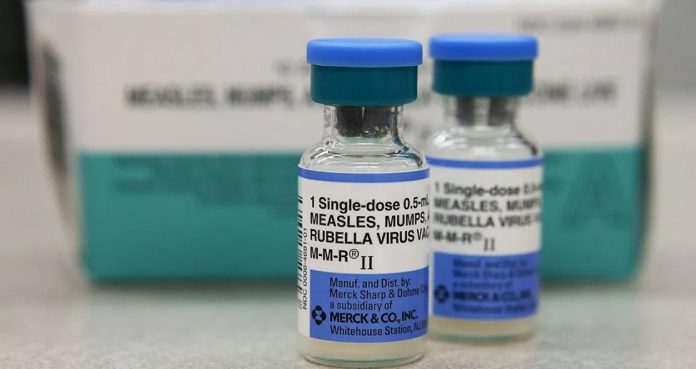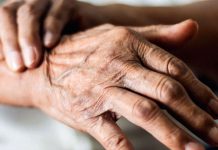With the ongoing measles outbreaks in the United States, many people are concerned. New York City public health department declared an emergency and ordered mandatory vaccination in four ZIP codes where the immunization rate has been low. Recently, an Israeli flight attendant is in a coma due to infection with the highly contagious disease.
Assistant Professor of Biomedicine and Health Sciences at the University of Vermont Eyal Amiel said, “I research the fundamental processes of how our bodies respond to infections and vaccines to generate protective immunity.”
She added, “In my teaching, I work with students to develop an understanding of the complexity of these issues and encourage them to engage in the public discourse on these topics from balanced and informed perspective.”
Here is what people who believe they have been immunized should know about.
Am I still protected if I received my shot more than 30 years ago?
Yes, the Centers for Disease Control and Prevention (CDC) says that the measles component of the MMR (measles-mumps-rubella) vaccine provides lifelong protection, while the other components are not as long-lived. One shot offers 93 percent efficacy, while two shots offer 97 percent efficacy. The CDC recommends taking two MMR doses to be protected from this contagious disease.
Do I need another shot, as I am not sure that I received two doses of MMR vaccine?
Concerned people should check with their physician for recommendations on how to proceed. The CDC recommends following the below-mentioned points to considered evidence of immunity:
- written documentation of vaccination
- one or more doses of a vaccine containing measles administered on or after the first birthday for preschool-age children and adults not at high risk
- two doses of measles-containing vaccine for school-age children and adults at high risk, including college students, health care personnel, and international travelers
- laboratory evidence of immunity
- laboratory confirmation of measles
- birth before 1957
According to surveys, 95-98% of people born before 1957 were exposed to measles in their childhood, providing them lifelong natural protection.
What should I do if I do not have my vaccination record or if I am not sure about receiving even one shot?
Talk to your primary care physician (PCP); you may need a shot. If you are born after 1957, the CDC recommends getting a shot. Measles affects not only children but also adults, so everybody should be up-to-date on their immunization. If you are unaware of your vaccine status, Amiel suggests speaking with your PCP right away.
The CDC says, “Adults who do not have evidence of immunity should get at least one dose of MMR vaccine. Of particular emphasis are international travelers, health care professionals, women of childbearing age, close contacts of immunocompromised individuals, and people with human immunodeficiency virus (HIV).”
Do I need to take any precautionary measures before getting vaccinated?
Yes. The CDC recommends speaking with your medical provider about the following if you are getting the shot:
- have any severe, life-threatening allergies to any part of this vaccine
- are pregnant, or think you might be pregnant
- have a weakened immune system due to disease (such as cancer or HIV/AIDS) or medical treatments, such as radiation, immunotherapy, steroids or chemotherapy
- have a family member with a history of immune system problems
- have ever had a condition that makes you bruise or bleed easily
- have recently had a blood transfusion or received other blood products
- have tuberculosis
- have gotten any other vaccines in the past four weeks
- are not feeling well
Is there anything else I can do to stay protected instead of a vaccine?
Well, vaccination is the best way to prevent measles. In addition to vaccination, you should follow proper hygiene practices, self-isolation when sick, and avoid contact with infected individuals to prevent the spread of measles.






















